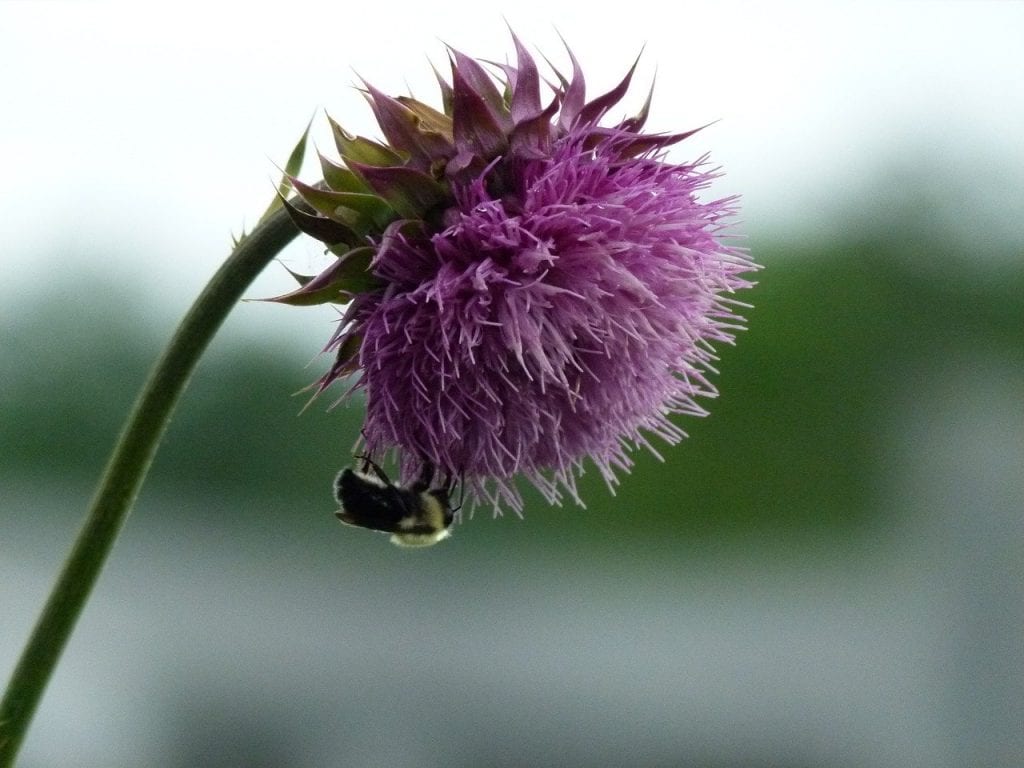Medically reviewed by Drugs.com. Last updated on Mar 25, 2022.
What is Resveratrol?
Resveratrol is a natural compound found in red grape skin, Japanese knotweed (polygonum cuspidatum), peanuts, blueberries and some other berries. It is a powerful antioxidant produced by some plants to protect them against environmental stresses. Antioxidants neutralize free radicals, which are believed to be the cause of aging. Japanese knotweed is the plant source with the highest resveratrol content.
A large amount of resveratrol is produced in the skin of grapes to protect the plant against fungal diseases and sun damage; therefore wine has higher levels of resveratrol compared to other natural food. Overall, red wine contains small amounts of resveratrol, less than 1 to 2 mg per 8 ounces of red wine. However, red wine has more resveratrol than white wine because red wines are fermented with the grape skins longer than white wines. Hence, many of the antioxidants including resveratrol that are naturally present in the grape skins are extracted into the wine. Resveratrol is also present in the seeds and pomace of grapes.
Grapes grown in humid environments tend to have more resveratrol than grapes grown in more arid environments. The theory behind this phenomenon is that grapes grown in humid environments produce more resveratrol in order to fight damaging fungus (i.e. grapes grown in arid environments do not need to produce as much resveratrol to survive).
Resveratrol has been hypothesized to be responsible for low rates of heart disease in the French population compared to other populations, in spite of the fact that they have many risk factors including a high fat diet, smoking and consumption of high amounts of coffee. All of these are known contributors of high cholesterol, high blood pressure, stroke and heart attacks. In theory, this benefit in the French population is due to the consumption of moderate amounts of red wine, which is a source resveratrol. Other ingredients in wine or other factors may contribute to longevity seen in the French.
Resveratrol is available as dietary supplements from red wine extracts, grape seed extracts and Japanese knotweed extracts among others. Most supplements on the market are derived from Japanese knotweed because this plant has one of the highest concentrations of resveratrol found in nature.
The amount and purity of resveratrol in supplements can vary widely. Micronized resveratrol is available in pill or powder form. Resveratrol has low systemic bioavailability and is not well-absorbed orally. The process of micronization greatly reduces the average particle size of a compound and increases absorption.
Resveratrol is also available in solution form and as a transdermal patch. Resveratrol is considered a dietary supplement and it’s safety and effectiveness have not been approved by the US Food and Drug Administration.











